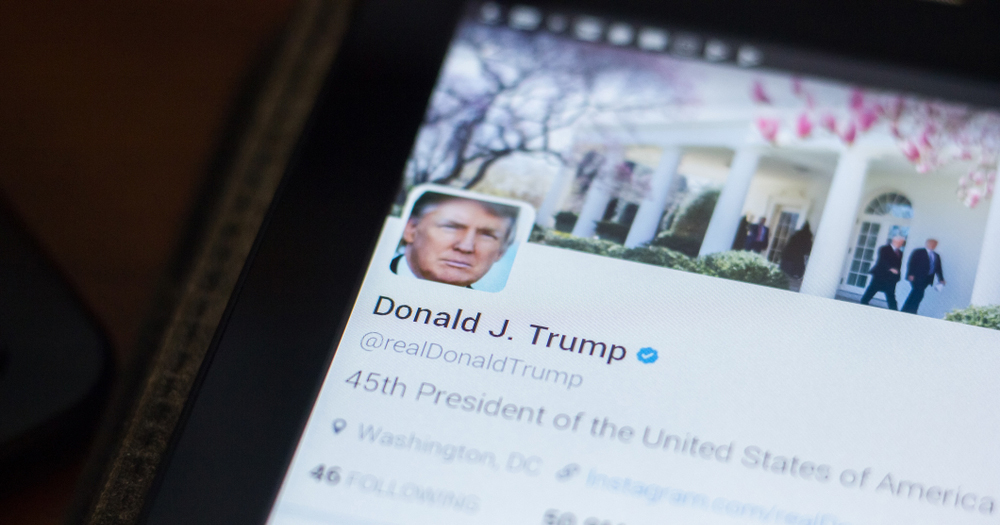Tort lawyers represent Trump in social media censorship lawsuits; is 'state actors' claim viable?

Image from Shutterstock.
Personal injury lawyer John P. Coale is among the lawyers representing former President Donald Trump in censorship lawsuits against Twitter, Facebook and Google for suspending him and others from their websites.
Coale is leading the legal team in the would-be class action suits, according to Bloomberg Law. Another well-known lawyer on the legal team is John Q. Kelly of Connecticut, who won a civil judgment for the estate of Nicole Brown Simpson in a wrongful death suit against O.J. Simpson, according to the New York Times.
Besides Bloomberg Law, publications with coverage include Law & Crime, Reuters, Courthouse News Service, Law.com and the Washington Post.
Coale is married to former Fox News host Greta Van Susteren. He is known for helping obtain settlements against tobacco companies and the American Union Carbide Corp. in a deadly gas leak in India.
“A lot of people will view this as a Donald Trump case. I view it as a First Amendment case,” Coale told Reuters.
The lawsuits allege that Facebook, Twitter and YouTube are “state actors” constrained by the First Amendment. The private companies became state actors because of liability protections in Section 230 of the Communications Decency Act, legislative threats to repeal the law, and “willful participation in joint activity with federal actors,” the suits allege.
The July 7 lawsuits (here, here and here) were filed in the Southern District of Florida.
Section 230 immunizes websites from liability for content posted by others and for good faith actions to restrict material that they consider “obscene, lewd, lascivious, filthy, excessively violent, harassing or otherwise objectionable, whether or not such material is constitutionally protected.”
Trump’s lawsuits claim that the law is an unconstitutional delegation of authority.
“With defendants shielded from liability for engaging in censorship by Section 230,” the lawsuits say, “the Democrat legislators then wielded that immunity, combined with threats to revoke that immunity or otherwise to regulate defendants, to use defendants as a tool to effect censorship and viewpoint discrimination against plaintiff and the putative class members that the Democrat legislators knew they could not accomplish on their own.”
Is the state actors claim viable? Not according to Brian Fitzpatrick, a professor at the Vanderbilt University Law School, who spoke with the Washington Post.
“The fact that [social media companies] benefit from a federal law does not transform someone into the federal government,” Fitzpatrick said. “All of us benefit from laws at some point or another and that doesn’t transform us into the federal government.”
Other experts who spoke with the Washington Post also gave little chance to the First Amendment liability claim.
“Trump has the First Amendment argument exactly wrong,” said Paul Barrett, the deputy director of the New York University Stern Center for Business and Human Rights, in a statement to the Washington Post.
“In fact, Facebook and Twitter themselves have a First Amendment free speech right to determine what speech their platforms project and amplify—and that right includes excluding speakers who incite violence, as Trump did in connection with the Jan. 6 Capitol insurrection,” Barrett said.
According to the Washington Post, U.S. District Judge Robert Hinkle of the Northern District of Florida used similar reasoning when he blocked a Florida law late last month that fined technology companies for suspending politicians before the election.
Hinkle said the law likely violated the First Amendment because it “compels providers to host speech that violates their standards.”
An appeal is planned.



